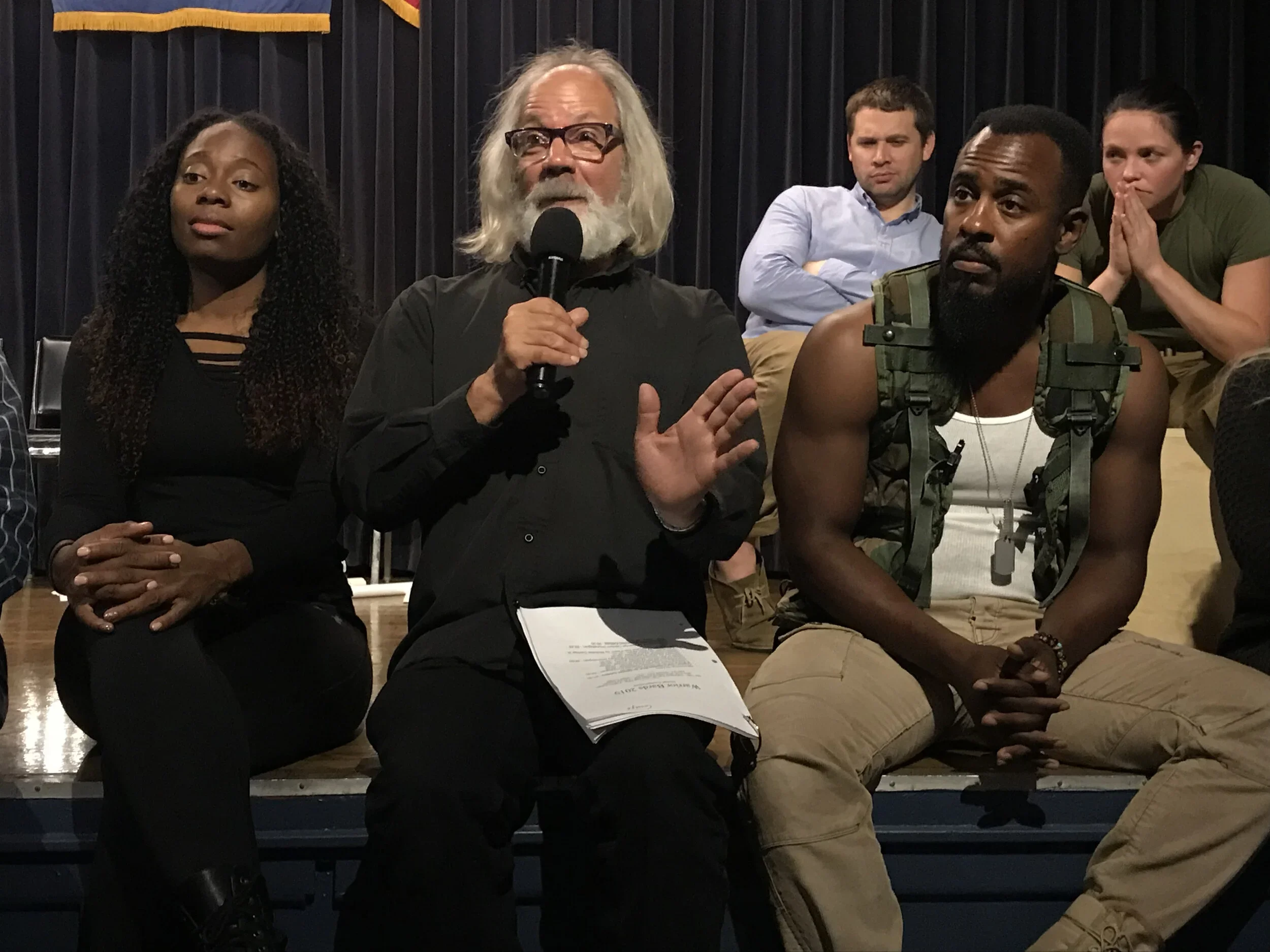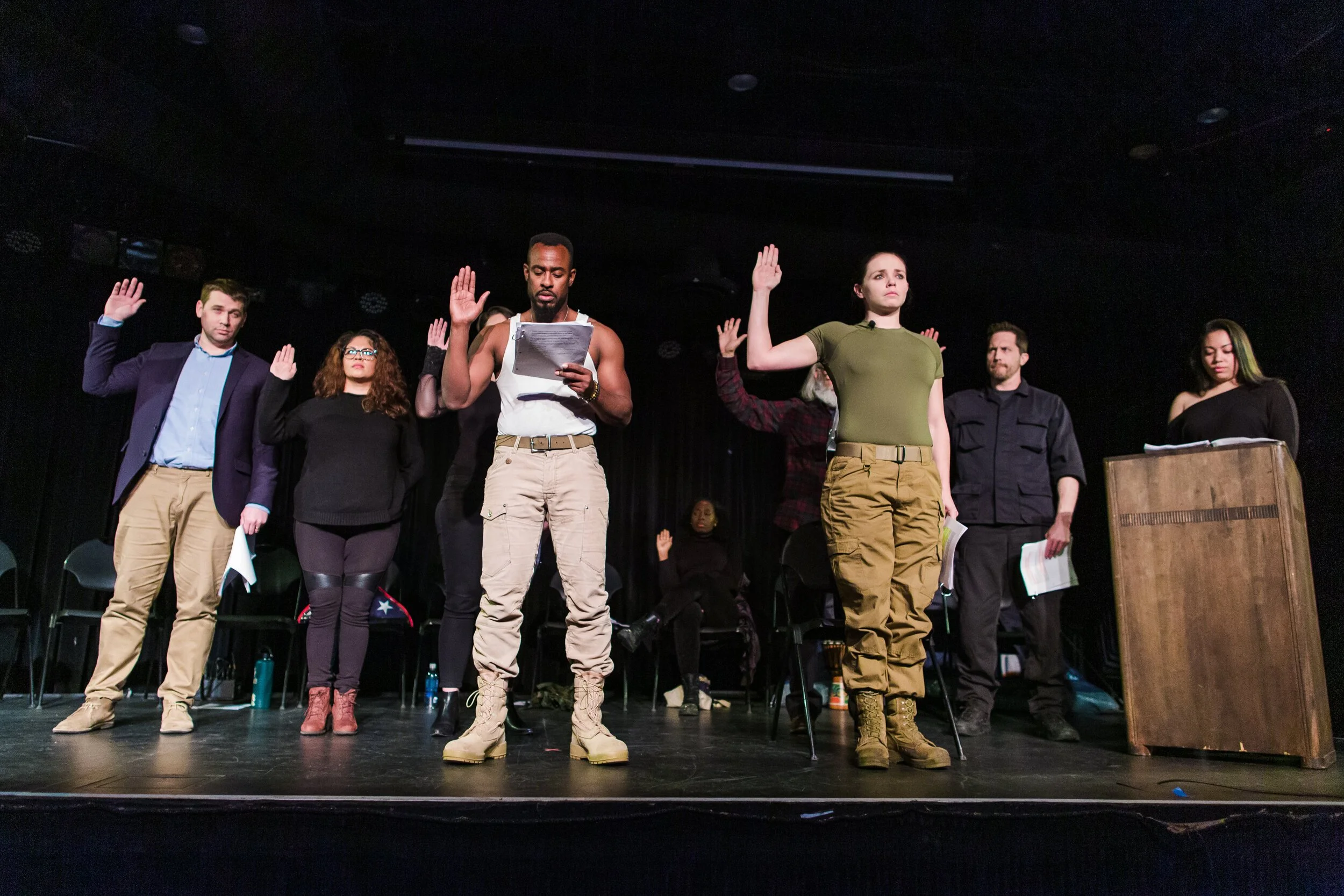
THE UNIVERSITY OF SOUTHERN CALIFORNIA
Warrior Bards
Veterans Exploring Ancient Drama
ABOUT
An initiative that trains veterans to present innovative public performances based on ancient literature.
Funded by a University of Southern California Arts in Action grant, and in collaboration with Southern California Grantmakers, the Warrior Bards project gives approximately twenty veterans the opportunity to study selected Greek dramas, discuss them in light of their own experiences, and respond to their discoveries by creating their own public performances*.
CRITERIA TO PARTICIPATE INCLUDE:
Open to any American veteran who has served in the U.S. Armed Forces.
An interest in personal enrichment and/or professional development in an area of the Arts and Humanities, and/or an interest in reading Greek dramas and exploring their meaning in relation to veterans’ experiences.
The ability to commit to a weekly evening training program of approximately 8 weeks. Participants will receive a training honorarium for their time in the program.
Willingness to participate in at least two public program events.
PRESS
LAIST/KPCC Radio Report about the 2019 Program
ABC 7 News - December, 2019
Daily Trojan - January, 2020
USC Today - October, 2016
We Are the Mighty - June, 2016
A Documentary Short Film - Directed by Dylan Howell
Warrior Bards: Moments of Bravery—
Via Zoom
In the fall of 2021, at the height of the Covid-19 pandemic, we captured a group of United States military veterans participating remotely in the USC's Warrior Bards program. Through the reading and discussion of ancient Greek plays they discover that war veterans from 2,500 years ago share emotional, physical, and societal struggles that closely align with their own military experience.
2020 Warrior Bards
Online Public Performance
Warrior Bards Works-in-Progress Performance
November 13th, 2020
Total Running Time: ~90 Minutes
Testimonials
“What fascinates me is that you look at these stories, they were written thousands of years ago, and the morals and the questions that they pose are still very relevant today...I think as long as there’s going to be war, there’s going to be those questions.”
— JOHN PISTONE, U.S. NAVY
“It was intriguing to me to step into that mindset and say, ‘OK, how would I respond if I were in this situation?’”
— CHRISTOPHER ALLEN, U.S. AIR FORCE
“Tonight you will be invited into our sacred tribe and not only witness our interpretations of the war experiences of ourselves and that of the classic Greeks, but also learn of the stories, the social injustices and stigmas that veterans face while preparing for, engaging in and coming home from war.”
— JOHN HOLT, U.S. AIR FORCE
2019 Warrior Bards participate in a post-performance discussion at Hollywood Post 43 The American Legion
The Warrior Bards Team
William G. Thalmann
Chair | Professor of Classics & Comparative Literature
University of Southern California
Department of Classics
Nathan Graeser
Chaplain | Social Worker | Community Organizer | Innovator
Paula Cizmar
Playwright | Associate Professor of Theatre Practice
University of Southern California
School of Dramatic Arts
Michael Bodie
Filmmaker | Associate Professor of Cinematic Practice
University of Southern California
School of Cinematic Arts
Division of Media Arts + Practice
Vincent Farenga
Professor of Classics and Comparative Literature
University of Southern California
Department of Classics
Lucas Herchenroeder
Assistant Professor (Teaching) of Classics
University of Southern California
Department of Classics
Overview
A USC and Community Partnership that trains approximately 25 veterans to present innovative public programs based on ancient literature. Led by veterans and assisted by scholars and artists both inside and outside of the veteran community, Warrior Bards will explore four thematic elements: Coming Home, The Idea of the Hero, Ethics in War, and the Dilemma of War. Through these lenses, veterans and scholars will investigate the connections between classical literature and contemporary America as they relate to the issues affecting the veteran community and the broader American public.
Example Weekly Schedule
Introduction
Introductory Meeting
Unit I: Reading the Plays
Theme 1: Coming Home
Aeschylus, Agamemnon & Plautus, Amphitryon
Theme 2: The Idea of the Hero
Sophocles, Ajax
Theme 3: Ethics at War
Sophocles, Philoctetes
Theme 4: The Dilemma of War
Euripides, Hecuba
Unit II: Brainstorming, Development, Planning Projects
Sunday - All-day creative intensive from 11am-5pm: This time will be used to develop artistic responses to the readings to prepare for the public performances.
Unit III: Project Finalizing
A final prep week will scheduled for our participants to spend time completing their projects prior to the performances.
Example Themes / Readings
Coming Home
Aeschylus, Agamemnon
Plautus, Amphitryon
The Idea of the Hero
Sophocles, Ajax
Ethics in War
Sophocles, Philoctetes
The Dilemma of War
Euripides, Hecuba

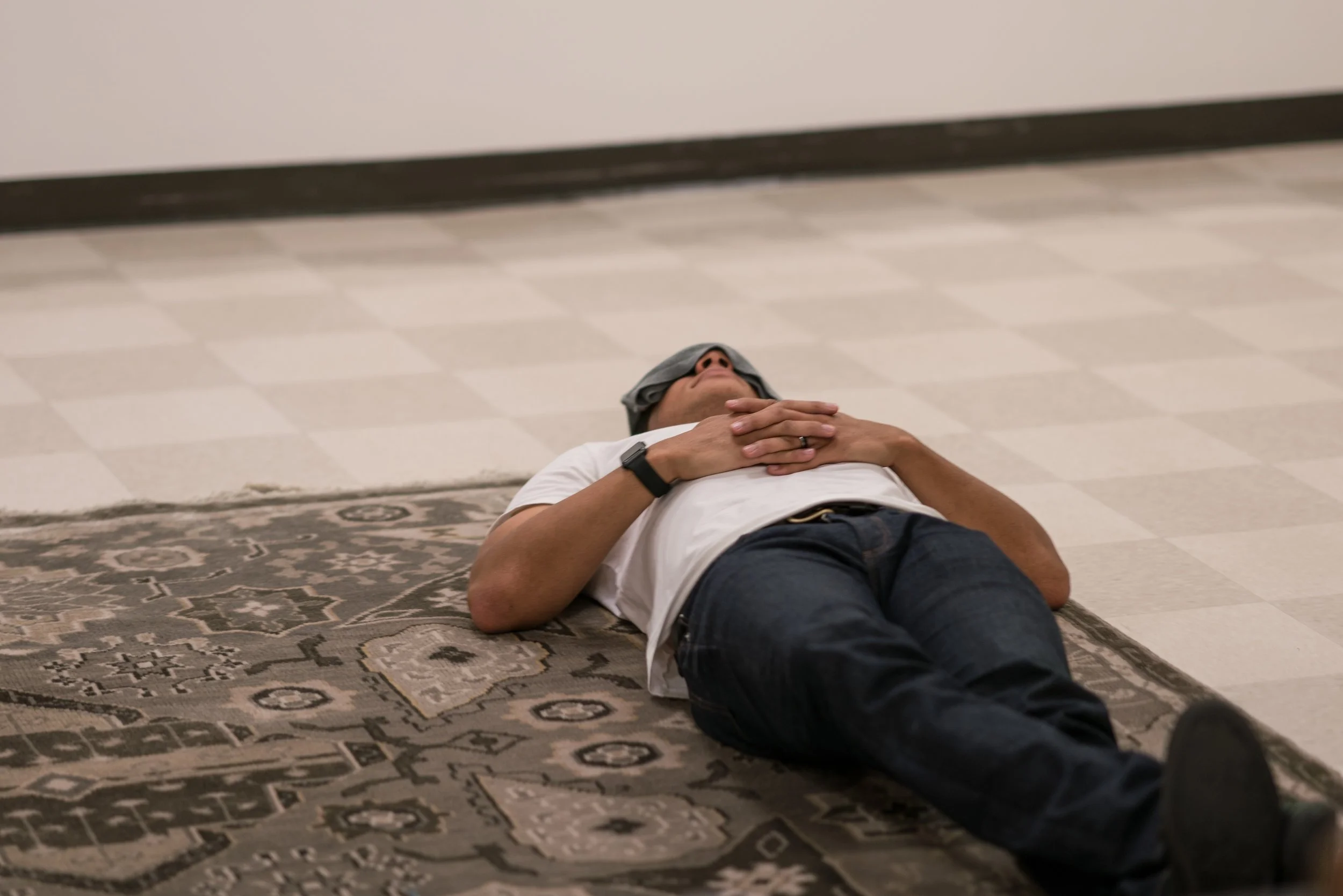

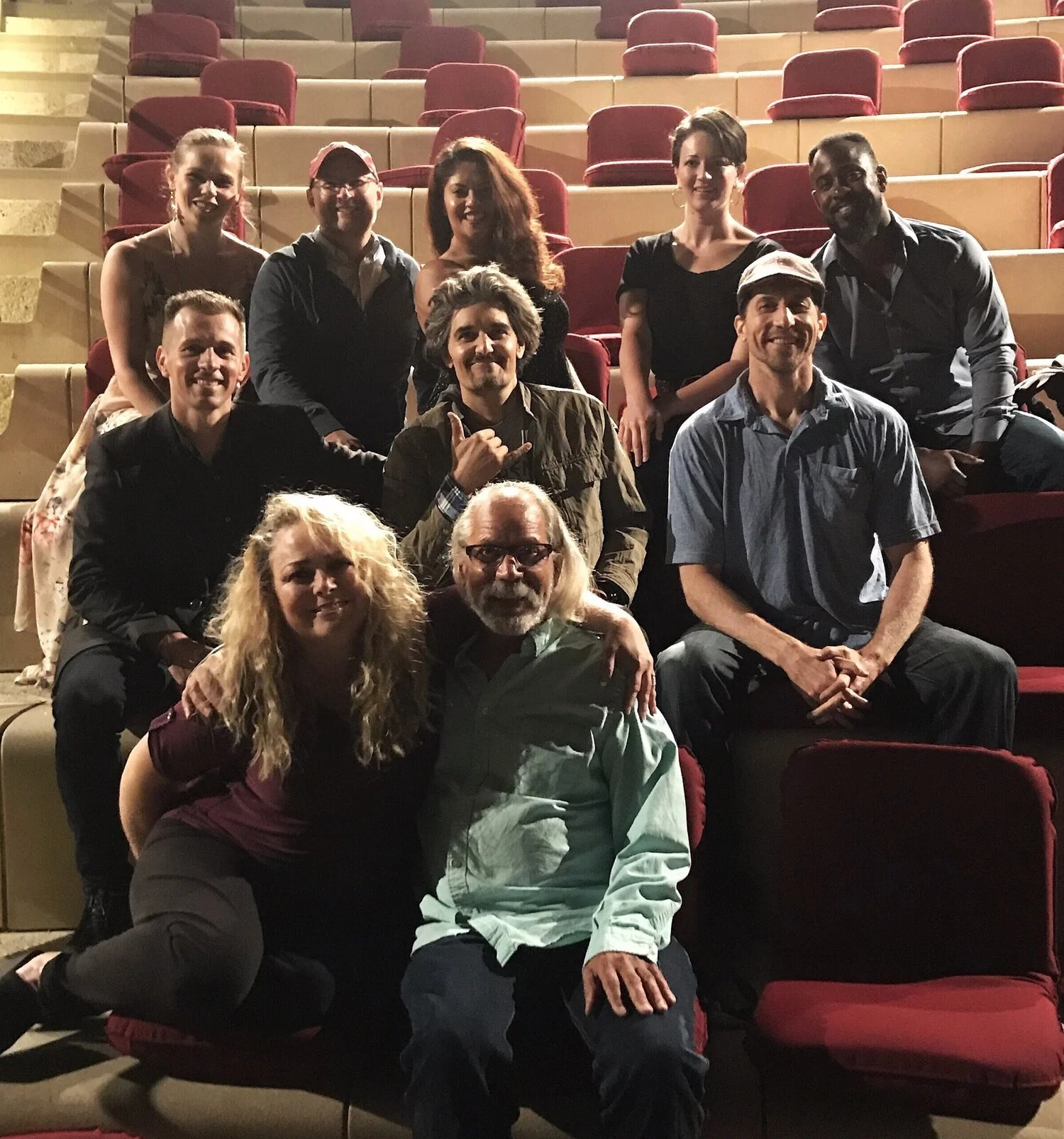
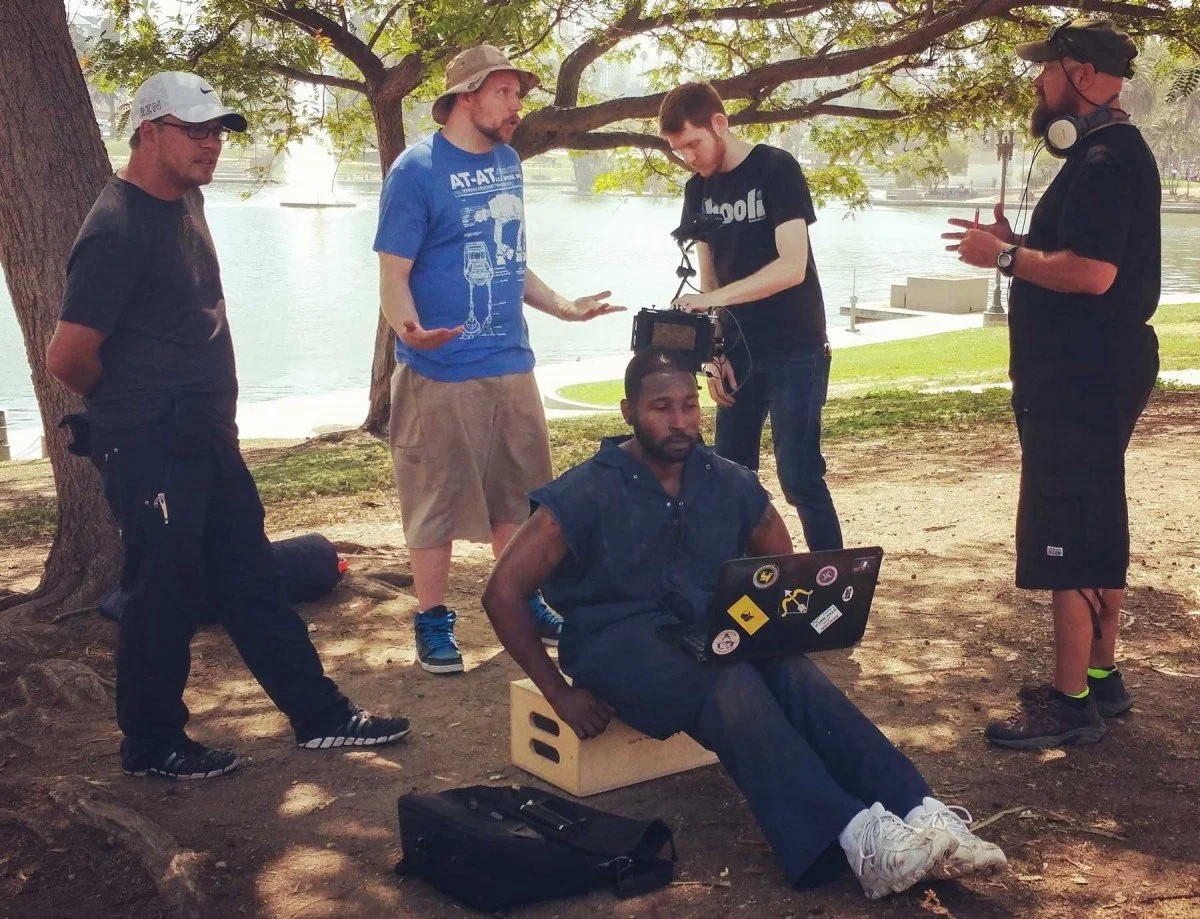
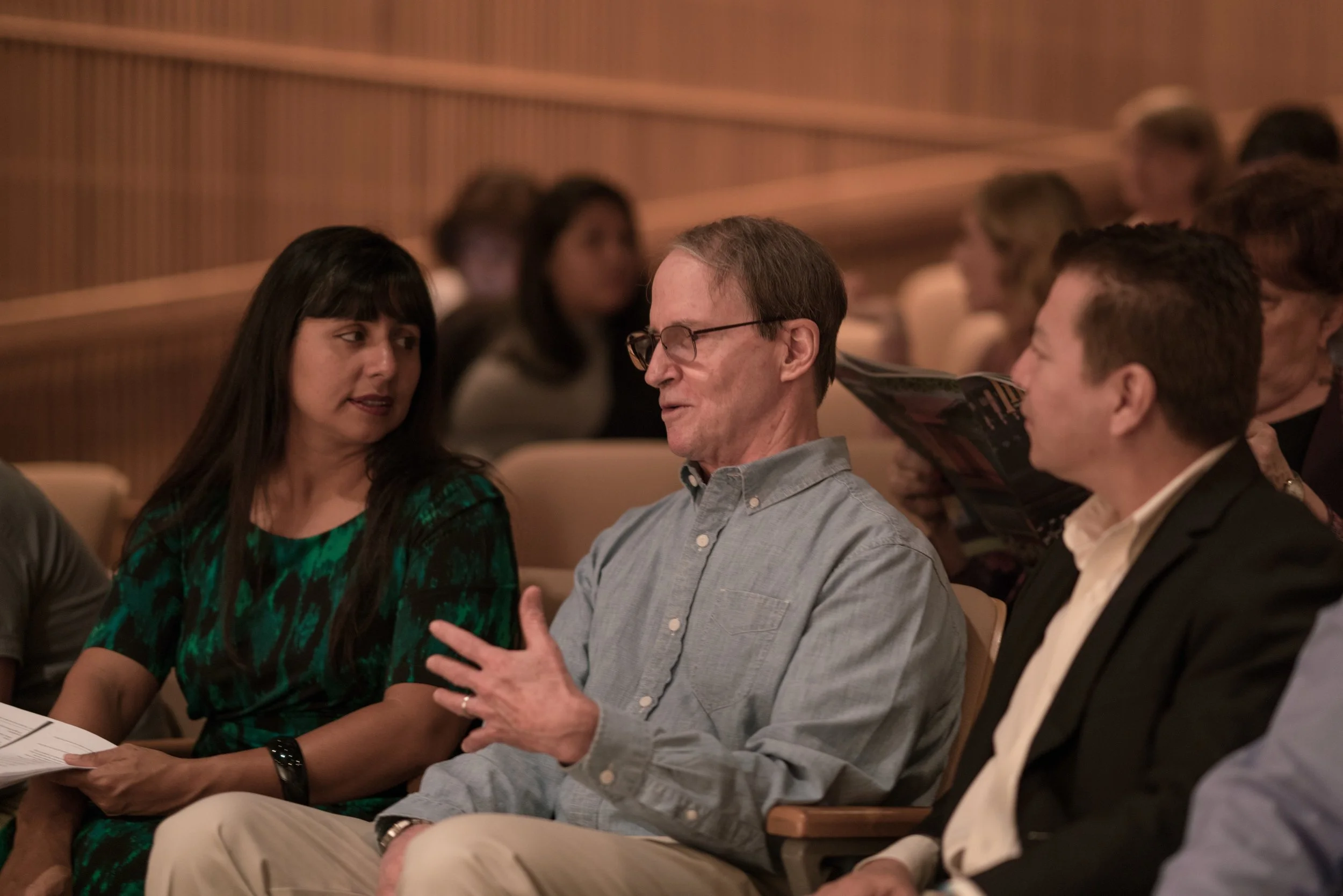


FAQs
WHAT IS A BARD?
In civilizations without written histories, poets and singers were the ones to spread thoughts and histories across generations. In ancient and medieval Gaelic societies, the professional storytellers were called bards. William Shakespeare has been known as "The Bard" since the nineteenth century.
WHAT IS A WARRIOR BARD?
Originally called the Warrior Chorus, this program is based on the function of the chorus in Greek tragedies as a group of players who would comment on the main action. It has grown out of our collaboration in 2016 with Peter Meineck in the original “Warrior Chorus” funded by the National Endowment for the Humanities. USC Arts in Action, in partnership with community stakeholders, is sponsoring, for the third year in a row, the first-of-its-kind Warrior Bards, telling stories, old and new, in the public square.
HOW LONG IS THE PROGRAM?
Seven once-a-week workshops plus two performances on a final week.
WHAT CAN I EXPECT FROM THE PROGRAM?
The program will be divided into three phases:
Intensive reading (books/readings will be provided) and discussion of the ancient plays exploring themes of Coming Home, The Idea of the Hero, Ethics in War, and the Dilemma of War.
Preparation of performances based on these plays, ranging from enactment of scenes in the ancient texts to performances of original scripts that reflect the participants reactions to the experiences of war and homecoming based on the Greek dramas.
Performing public presentations using remote technology.
We expect to draw participants both from USC campus and from the veteran community in Los Angeles.
